Introduction
In a world where dehydration can strike during sweltering summers, intense physical activities, or even in dry indoor environments, the quest to quench thirst and maintain bodily hydration remains universal. While drinking water is the most straightforward solution, nature offers an array of foods and beverages that not only hydrate but also stimulate saliva production, soothe dry mouths, and revitalize the body. This article explores the science behind thirst mechanisms, the role of nutrition in hydration, and a curated list of foods and drinks proven to refresh and replenish. From juicy fruits to electrolyte-rich vegetables, these natural remedies provide a delicious and holistic approach to staying cool and hydrated.
Understanding Thirst and Dehydration
Thirst is the body’s innate signal that fluid levels are dropping, triggering a desire to drink. However, factors like excessive sweating, illness, or environmental heat can deplete water and electrolytes faster than replenishment occurs. Dehydration symptoms include fatigue, dizziness, dark urine, and a parched throat. Beyond drinking water, certain foods aid in hydration by retaining moisture, supplying electrolytes (sodium, potassium, magnesium), and promoting saliva secretion—a process called “sialagogue effect.” Saliva, composed of 99% water and enzymes, lubricates the mouth, aids digestion, and maintains oral health.
The Role of Diet in Hydration
Hydration isn’t solely about water intake. Foods with high water content, natural sugars, and minerals contribute significantly to fluid balance. For instance, a cucumber boasts 96% water, while watermelon contains 92% water alongside vitamins A and C. These foods act as “hydrobiotics,” delivering hydration alongside nutrients. Additionally, electrolytes in foods like bananas and spinach prevent muscle cramps and support cellular functions. Below is a breakdown of food categories that combat thirst and dryness.
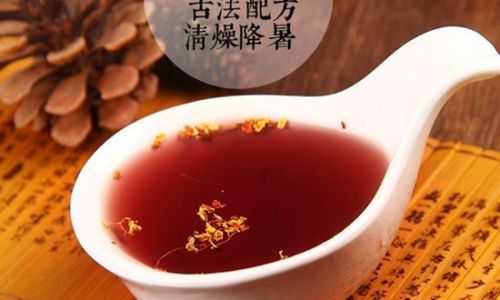
Hydrating Fruits: Nature’s Candy with a Purpose
Fruits are hydration powerhouses, offering sweetness, fiber, and vitamins alongside moisture.
- Watermelon: With 92% water, this summer staple contains citrulline, an amino acid that aids blood flow and kidney function, enhancing detoxification. Its natural sugars provide instant energy without the crash of processed sweets.
- Citrus Fruits (Oranges, Grapefruits, Lemons): Rich in vitamin C and antioxidants, citrus fruits stimulate saliva production. Lemon water, for example, combines hydration with alkalizing effects, balancing the body’s pH.
- Strawberries: Packing 91% water and manganese, strawberries support collagen production and skin elasticity. Their low glycemic index makes them ideal for diabetics seeking hydration.
- Coconut Water: Often dubbed “nature’s Gatorade,” coconut water replenishes potassium, magnesium, and sodium lost through sweat. Its isotonic properties match the body’s fluid balance, aiding rapid rehydration.
Crisp Vegetables: More Than Just Salad Fillers
Vegetables often surpass fruits in water content, offering crunch and nutrients without excess sugar.
- Cucumber: At 96% water, cucumbers contain silica, which supports connective tissues. Their mild flavor makes them versatile in salads, smoothies, or infused water.
- Celery: With 95% water and fiber, celery acts as a natural toothbrush while delivering folate and vitamins K and A. Its low calorie count appeals to weight-conscious readers.
- Bell Peppers: Especially red and green varieties, bell peppers provide 92% water, vitamin C (more than oranges!), and capsaicin precursors that boost metabolism.
- Spinach and Kale: Leafy greens like spinach (91% water) and kale (84% water) supply magnesium and iron, preventing fatigue during dehydration.
Electrolyte-Rich Beverages: Beyond Plain Water
While water is essential, these drinks offer added benefits for intense thirst or post-exercise recovery.
- Coconut Water: As mentioned, its electrolyte profile mirrors human plasma, making it ideal for rehydration without artificial additives.
- Herbal Teas (Peppermint, Chamomile, Hibiscus): Caffeine-free herbal teas soothe the throat and stimulate saliva. Hibiscus tea, for example, contains antioxidants that lower blood pressure.
- Bone Broth: For non-vegetarians, bone broth provides collagen, gelatin, and electrolytes. Its warming nature is comforting during colds or dry throats.
- Aloe Vera Juice: The gel inside aloe leaves contains 99% water and mucilaginous polysaccharides that coat the digestive tract, aiding nutrient absorption.
Spices and Herbs: Flavorful Thirst Quenchers
Certain herbs and spices trigger saliva production, offering relief for dry mouths.
- Mint (Peppermint, Spearmint): Menthol in mint leaves activates cold-sensitive receptors, creating a refreshing sensation. Mint tea or chewing fresh leaves can alleviate dryness.
- Ginger: A natural sialagogue, ginger stimulates saliva and aids digestion. Ginger tea with honey soothes sore throats and reduces nausea.
- Fennel Seeds: Chewing fennel seeds after meals increases saliva flow, combats bad breath, and settles the stomach.
Dairy and Dairy Alternatives: Creamy Hydration
Dairy products and plant-based milks offer hydration alongside protein and calcium.
- Yogurt: Greek yogurt contains 88% water and probiotics that support gut health. Its thickness coats the throat, providing lasting moisture.
- Almond Milk: With 97% water, unsweetened almond milk is a low-calorie option rich in vitamin E and calcium.
Whole Grains and Legumes: Slow-Release Hydration
While less obvious, these foods retain water during cooking, aiding hydration over time.
- Oatmeal: Cooked oats absorb water, releasing moisture slowly into the body. Top with berries for a hydrating breakfast.
- Lentils: When soaked and cooked, lentils swell with water, providing fiber and plant-based protein.
Foods to Avoid for Thirst Management
Not all foods hydrate; some exacerbate dryness.
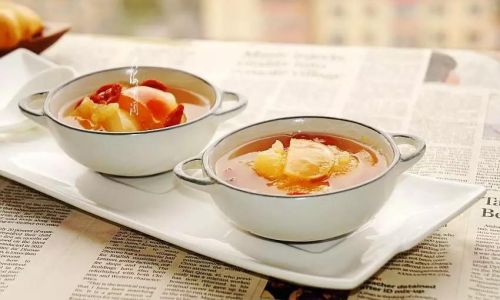
- Salty Snacks (Chips, Pretzels): Sodium dehydrates by increasing urine output.
- Sugary Drinks (Soda, Energy Drinks): High sugar content draws water from cells, worsening dehydration.
- Alcohol: A diuretic, alcohol increases urine production and impairs hydration.
- Caffeine (Excessive Amounts): While moderate caffeine is safe, excessive intake can dehydrate.
Cultural and Historical Perspectives
Ancient civilizations relied on natural remedies for thirst. Ayurveda, for instance, advocates coconut water and cucumber for “pitta” (heat) imbalance. Traditional Chinese Medicine uses watermelon and mung bean soup to clear “heat” and promote urine flow. In arid regions, Middle Eastern cultures sip rosewater-infused drinks, while Peruvians consume chía seed water (agua de chía) for sustained hydration.
Science-Backed Benefits of Hydrating Foods
Research underscores the efficacy of these foods. A 2019 Nutrients journal study found that watermelon consumption post-exercise improved hydration and muscle soreness compared to water alone. Another 2020 review in Frontiers in Nutrition highlighted coconut water’s role in rehydrating athletes without gastrointestinal distress.
Practical Tips for Incorporating These Foods
- Infused Water: Add cucumber, mint, or berries to water for flavor and nutrients.
- Smoothie Bowls: Blend spinach, banana, and coconut water; top with chia seeds.
- Hydrating Snacks: Pair celery sticks with almond butter or enjoy frozen grape popsicles.
Conclusion
Quenching thirst isn’t merely about gulping water—it’s a culinary adventure. By integrating water-rich fruits, electrolyte-packed vegetables, and herbal remedies into daily meals, you can combat dehydration while nourishing the body. Whether battling summer heat or recovering from illness, these foods offer a refreshing, science-backed approach to staying hydrated. Remember, the key lies in variety: rotate your choices, savor the flavors, and let nature’s bounty keep you cool, refreshed, and revitalized.
Final Word
Next time thirst strikes, reach beyond the water bottle. Your plate holds a universe of hydration heroes waiting to replenish, refresh, and rejuvenate. Listen to your body, experiment with textures and tastes, and embrace the joy of eating your way to optimal hydration.
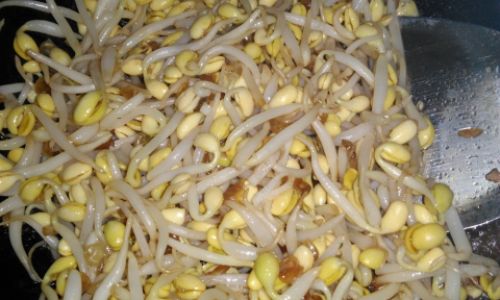
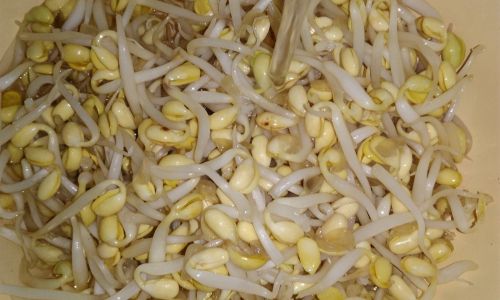
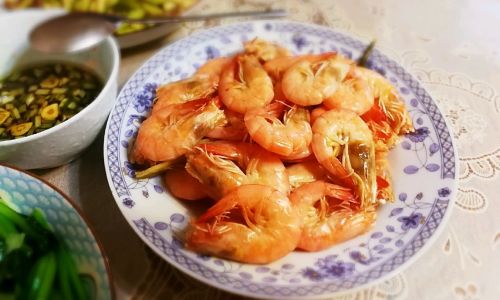
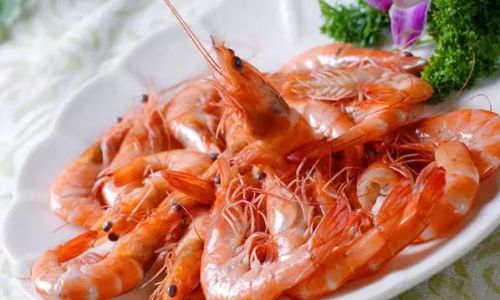
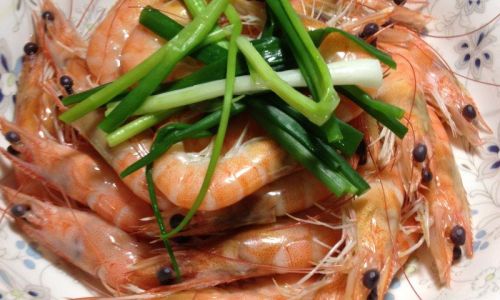
0 comments